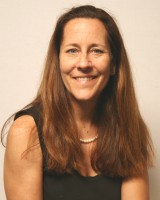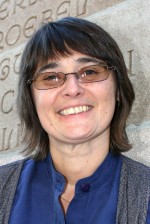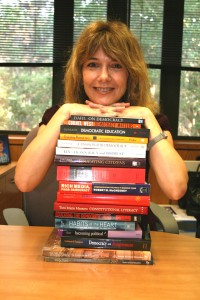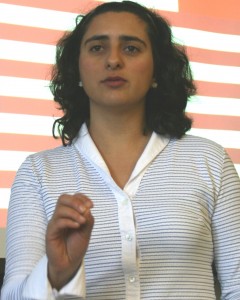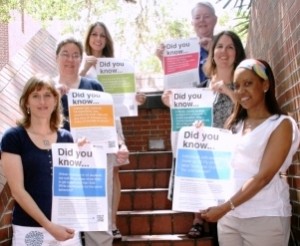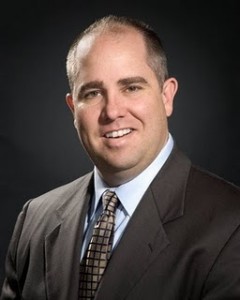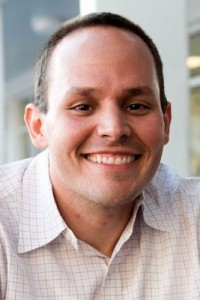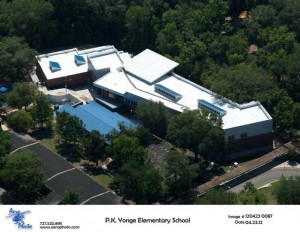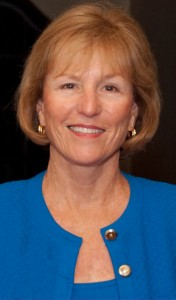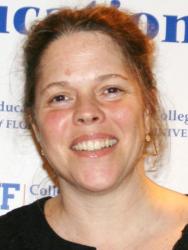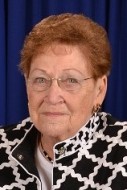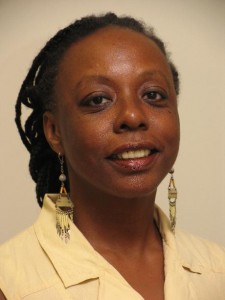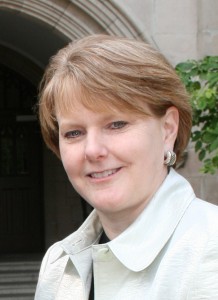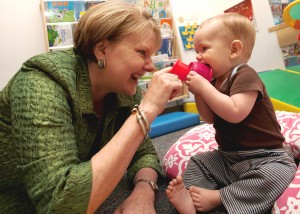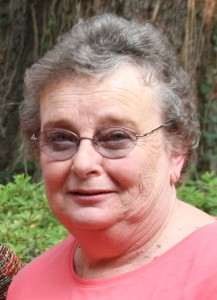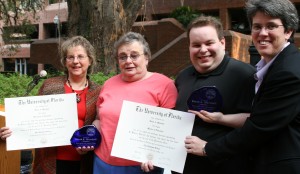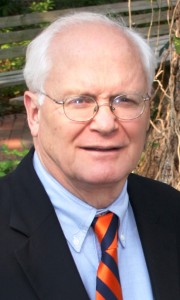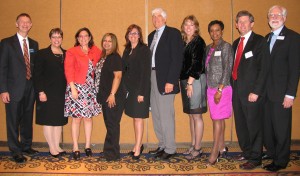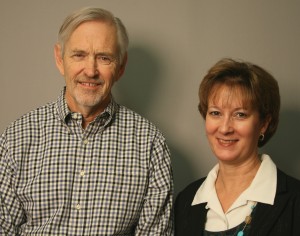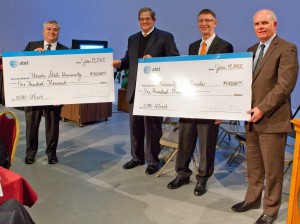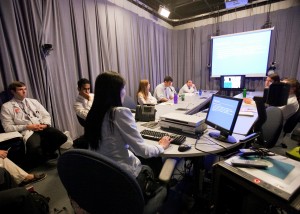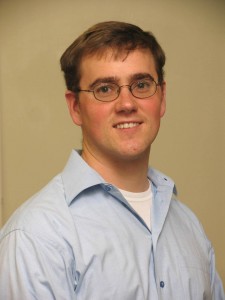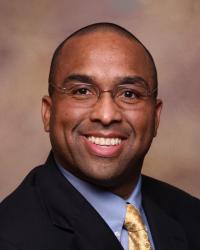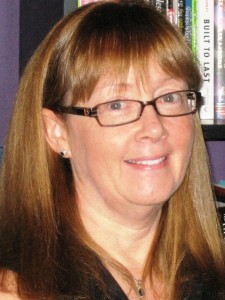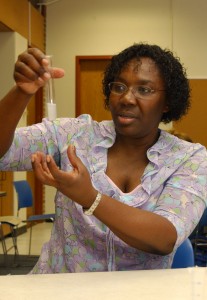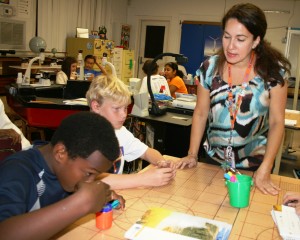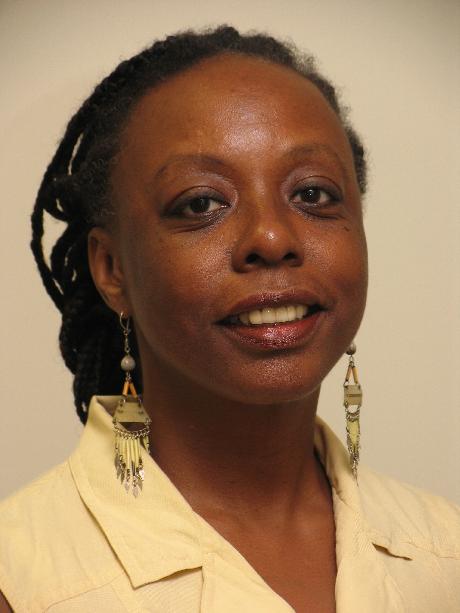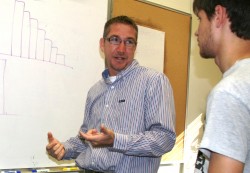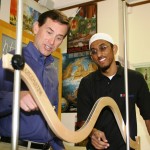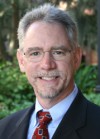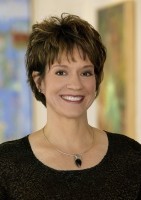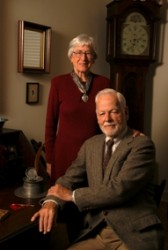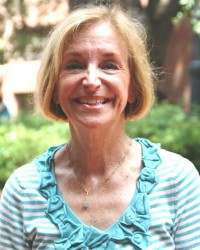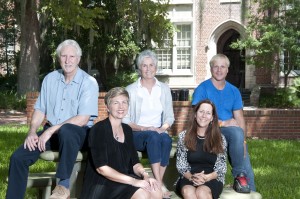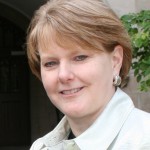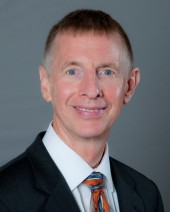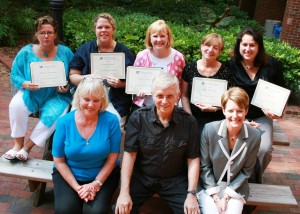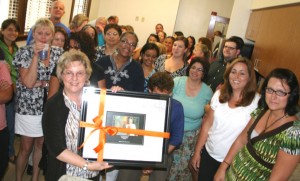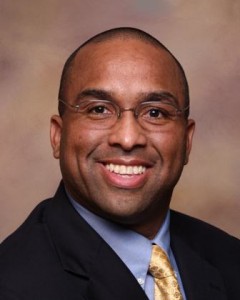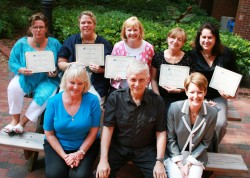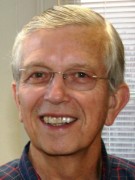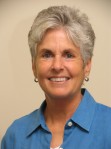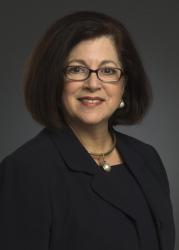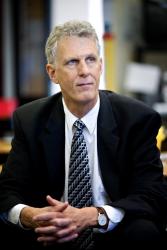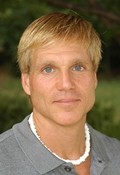https://education.ufl.edu/news/files/2019/07/News-1-300x65.png
0
0
https://education.ufl.edu/news/files/2019/07/News-1-300x65.png
2012-07-19 11:32:032012-07-19 11:32:03Researcher-author on teacher 'inquiry' tapped for elite UF professorship
https://education.ufl.edu/news/files/2019/07/News-1-300x65.png
0
0
https://education.ufl.edu/news/files/2019/07/News-1-300x65.png
2012-07-18 09:43:032012-07-18 09:50:27'Opportunity' research will boost interventions for children with autism
https://education.ufl.edu/news/files/2019/07/News-1-300x65.png
0
0
https://education.ufl.edu/news/files/2019/07/News-1-300x65.png
2012-07-16 13:14:082012-07-16 13:14:08Smith Professorship study will benefit English language learners
https://education.ufl.edu/news/files/2019/07/News-1-300x65.png
0
0
https://education.ufl.edu/news/files/2019/07/News-1-300x65.png
2012-06-22 11:23:172012-06-22 13:26:24'Smart classroom' moving teacher preparation into 21st century
https://education.ufl.edu/news/files/2019/07/News-1-300x65.png
0
0
https://education.ufl.edu/news/files/2019/07/News-1-300x65.png
2012-06-22 10:32:352012-06-22 10:36:05UF ranks 6th in U.S. among public online teacher education programs
https://education.ufl.edu/news/files/2019/07/News-1-300x65.png
0
0
https://education.ufl.edu/news/files/2019/07/News-1-300x65.png
2012-06-21 17:08:022016-04-12 15:10:15Washington 'Knight-ed' for quest to revive civic learning, citizenship involvement
https://education.ufl.edu/news/files/2019/07/News-1-300x65.png
0
0
https://education.ufl.edu/news/files/2019/07/News-1-300x65.png
2012-06-12 13:42:472012-06-15 16:16:56Higher Ed professor in partnering talks with Colombian university
https://education.ufl.edu/news/files/2019/07/News-1-300x65.png
0
0
https://education.ufl.edu/news/files/2019/07/News-1-300x65.png
2012-06-06 16:07:192012-06-06 16:07:19Diversity committee campaign addresses school equity issues
https://education.ufl.edu/news/files/2019/07/News-1-300x65.png
0
0
https://education.ufl.edu/news/files/2019/07/News-1-300x65.png
2012-05-21 10:53:432012-05-21 10:53:43CEC honors special ed alum for stellar career in teacher education
https://education.ufl.edu/news/files/2019/07/News-1-300x65.png
0
0
https://education.ufl.edu/news/files/2019/07/News-1-300x65.png
2012-05-21 10:41:142016-05-06 14:20:18Center for Learning offers Master Teacher training to help turn around state's lowest-ranked high school
https://education.ufl.edu/news/files/2019/07/News-1-300x65.png
0
0
https://education.ufl.edu/news/files/2019/07/News-1-300x65.png
2012-05-15 11:21:472012-05-15 11:21:47Higher Ed alum named to head new UF Innovation Academy
https://education.ufl.edu/news/files/2019/07/News-1-300x65.png
0
0
https://education.ufl.edu/news/files/2019/07/News-1-300x65.png
2012-05-14 09:36:312016-01-29 10:39:17Senate aide, rising thought leader named Outstanding Young Alumni
https://education.ufl.edu/news/files/2019/07/News-1-300x65.png
0
0
https://education.ufl.edu/news/files/2019/07/News-1-300x65.png
2012-05-11 12:01:182012-05-14 08:32:37P.K. Yonge erects new elementary building in bid to become ‘technological powerhouse’
https://education.ufl.edu/news/files/2019/07/News-1-300x65.png
0
0
https://education.ufl.edu/news/files/2019/07/News-1-300x65.png
2012-05-09 12:59:502012-05-09 17:19:021,000 Florida educators to share 'action research' in UF showcases
https://education.ufl.edu/news/files/2019/07/News-1-300x65.png
0
0
https://education.ufl.edu/news/files/2019/07/News-1-300x65.png
2012-05-03 17:48:492012-05-07 16:53:01'65 grad Delores Lastinger named UF Distinguished Alumna
https://education.ufl.edu/news/files/2019/07/News-1-300x65.png
0
0
https://education.ufl.edu/news/files/2019/07/News-1-300x65.png
2012-04-24 19:28:112012-04-30 13:59:102012 Recognition Dinner Scholarship Video
https://education.ufl.edu/news/files/2019/07/News-1-300x65.png
0
0
https://education.ufl.edu/news/files/2019/07/News-1-300x65.png
2012-04-18 17:24:112012-04-24 13:36:54North Florida educators converge on UF for FATE showcase
https://education.ufl.edu/news/files/2019/07/News-1-300x65.png
0
0
https://education.ufl.edu/news/files/2019/07/News-1-300x65.png
2012-04-04 13:36:102016-05-06 14:19:53Participant in UF master-teacher program receives top honor in Pinellas
https://education.ufl.edu/news/files/2019/07/News-1-300x65.png
0
0
https://education.ufl.edu/news/files/2019/07/News-1-300x65.png
2012-04-02 15:29:392012-05-22 15:35:27FLORIDA VOICES
https://education.ufl.edu/news/files/2019/07/News-1-300x65.png
0
0
https://education.ufl.edu/news/files/2019/07/News-1-300x65.png
2012-03-29 15:22:042012-05-22 15:35:41TAMPA BAY NEWS WEEKLLY
https://education.ufl.edu/news/files/2019/07/News-1-300x65.png
0
0
https://education.ufl.edu/news/files/2019/07/News-1-300x65.png
2012-03-25 15:19:432012-05-22 15:36:26CHRONICLE OF HIGHER EDUCATION: Linda C. Jones
https://education.ufl.edu/news/files/2019/07/News-1-300x65.png
0
0
https://education.ufl.edu/news/files/2019/07/News-1-300x65.png
2012-03-06 09:40:442012-03-06 09:50:33Gift honors long College-PKY lab school partnership
https://education.ufl.edu/news/files/2019/07/News-1-300x65.png
0
0
https://education.ufl.edu/news/files/2019/07/News-1-300x65.png
2012-02-21 17:49:252012-04-20 09:17:42Professor elected president of nation's largest counseling association
https://education.ufl.edu/news/files/2019/07/News-1-300x65.png
0
0
https://education.ufl.edu/news/files/2019/07/News-1-300x65.png
2012-02-15 13:17:162012-02-17 16:20:13Early-childhood service award has special meaning for Patricia Snyder
https://education.ufl.edu/news/files/2019/07/News-1-300x65.png
0
0
https://education.ufl.edu/news/files/2019/07/News-1-300x65.png
2012-02-09 11:40:142012-02-09 11:40:14Memory of brothers killed in car crash lives on with mother’s gift to UF
https://education.ufl.edu/news/files/2019/07/News-1-300x65.png
0
0
https://education.ufl.edu/news/files/2019/07/News-1-300x65.png
2012-01-30 12:34:422012-01-30 15:22:58Lastinger Center featured in booklet on UF's impact in Miami-Dade
https://education.ufl.edu/news/files/2019/07/News-1-300x65.png
0
0
https://education.ufl.edu/news/files/2019/07/News-1-300x65.png
2012-01-30 05:00:002012-05-03 17:51:27Institute honors 11 alumni in higher ed administration
https://education.ufl.edu/news/files/2019/07/News-1-300x65.png
0
0
https://education.ufl.edu/news/files/2019/07/News-1-300x65.png
2012-01-24 09:19:112012-03-02 16:28:30UF launches $1.5 million effort to restructure teacher-preparation programs
https://education.ufl.edu/news/files/2012/01/UFTeach-Heather-MacNeill-3-4-10-038b.jpg
260
524
https://education.ufl.edu/news/files/2019/07/News-1-300x65.png
2012-01-20 17:19:452012-02-17 12:19:16UF Teach receives share of $500,000 award from AT&T
https://education.ufl.edu/news/files/2019/07/News-1-300x65.png
0
0
https://education.ufl.edu/news/files/2019/07/News-1-300x65.png
2012-01-12 15:43:502012-01-13 14:21:59Edugator Nation
https://education.ufl.edu/news/files/2019/07/News-1-300x65.png
0
0
https://education.ufl.edu/news/files/2019/07/News-1-300x65.png
2011-12-07 09:52:492012-01-11 16:24:06UF education, medical colleges team up on new master’s degree to help doctors become better teachers
https://education.ufl.edu/news/files/2019/07/News-1-300x65.png
0
0
https://education.ufl.edu/news/files/2019/07/News-1-300x65.png
2011-12-01 15:32:462011-12-01 15:32:46Higher ed professor co-authors policy brief to help Latino males attain college degrees
https://education.ufl.edu/news/files/2011/11/rose-e1325862467127.jpg
269
546
https://education.ufl.edu/news/files/2019/07/News-1-300x65.png
2011-11-08 12:38:402012-01-06 10:13:58COE-P.K. Yonge researchers head $5 million effort to transform middle-school science education
https://education.ufl.edu/news/files/2019/07/News-1-300x65.png
0
0
https://education.ufl.edu/news/files/2019/07/News-1-300x65.png
2011-10-26 15:44:302011-10-26 15:50:59New online certificate in disaster counseling addresses shortage in field
https://education.ufl.edu/news/files/2019/07/News-1-300x65.png
0
0
https://education.ufl.edu/news/files/2019/07/News-1-300x65.png
2011-10-10 09:42:412011-10-21 10:07:16UF receives $2 million to assess students' grasp of statistics under new national math standards
https://education.ufl.edu/news/files/2019/07/News-1-300x65.png
0
0
https://education.ufl.edu/news/files/2019/07/News-1-300x65.png
2011-10-04 10:21:322011-10-13 12:19:38Workforce council recognizes UF-Teach math-science program
https://education.ufl.edu/news/files/2019/07/News-1-300x65.png
0
0
https://education.ufl.edu/news/files/2019/07/News-1-300x65.png
2011-10-03 11:50:352011-10-13 12:19:38New senior development director joins COE from Fine Arts
https://education.ufl.edu/news/files/2019/07/News-1-300x65.png
0
0
https://education.ufl.edu/news/files/2019/07/News-1-300x65.png
2011-09-27 10:52:472011-10-13 12:19:38Couple adds to $2 million gift to make up for losses during recession
https://education.ufl.edu/news/files/2019/07/News-1-300x65.png
0
0
https://education.ufl.edu/news/files/2019/07/News-1-300x65.png
2011-09-20 12:06:432011-10-13 12:19:39UF, Pinellas schools partnership wins statewide award
https://education.ufl.edu/news/files/2011/09/Untitled-2-013-1024x508.png
508
1024
https://education.ufl.edu/news/files/2019/07/News-1-300x65.png
2011-09-08 12:23:382012-02-17 12:18:53Special ed researchers winning competition for federal grants
https://education.ufl.edu/news/files/2011/10/GOOD-Glenn.jpg
260
524
https://education.ufl.edu/news/files/2019/07/News-1-300x65.png
2011-08-01 09:39:052012-01-06 10:11:36UF names new education dean, citing research strength as key
https://education.ufl.edu/news/files/2011/02/gator_header.jpg
250
800
https://education.ufl.edu/news/files/2019/07/News-1-300x65.png
2011-06-30 13:58:222011-10-13 12:19:40coE-News: July 1, 2011
https://education.ufl.edu/news/files/2019/07/News-1-300x65.png
0
0
https://education.ufl.edu/news/files/2019/07/News-1-300x65.png
2011-06-30 11:31:312016-05-03 16:08:09Middle school reform is goal of professors, local educators in UF scholars program
https://education.ufl.edu/news/files/2011/09/Spec.-Ed-IES-grant-faculty-8-11-005.jpg
2848
4288
https://education.ufl.edu/news/files/2019/07/News-1-300x65.png
2011-06-29 09:22:132016-05-09 16:01:44Researchers awarded $5.5M in grants to help teachers reduce disruptive classroom behavior
https://education.ufl.edu/news/files/2011/06/Anita-01.png
542
1092
https://education.ufl.edu/news/files/2019/07/News-1-300x65.png
2011-06-20 09:23:422011-10-13 12:19:40Businesswoman's $1 million gift creates professorship in early childhood studies
https://education.ufl.edu/news/files/2019/07/News-1-300x65.png
0
0
https://education.ufl.edu/news/files/2019/07/News-1-300x65.png
2011-05-16 11:10:142011-10-13 12:19:41P.K. Yonge research head named school's new director
https://education.ufl.edu/news/files/2019/07/News-1-300x65.png
0
0
https://education.ufl.edu/news/files/2019/07/News-1-300x65.png
2011-05-12 13:12:232011-10-13 12:19:41Lastinger study aids $8M effort to help at-risk children in south Fla.
https://education.ufl.edu/news/files/2019/07/News-1-300x65.png
0
0
https://education.ufl.edu/news/files/2019/07/News-1-300x65.png
2011-05-12 10:18:402016-05-09 16:01:01Special ed researcher is first to receive provost's junior faculty award
https://education.ufl.edu/news/files/2019/07/News-1-300x65.png
0
0
https://education.ufl.edu/news/files/2019/07/News-1-300x65.png
2011-04-29 10:25:222011-10-13 12:19:42Special ed prof Holly Lane named 2011 Outstanding Graduate Teacher
https://education.ufl.edu/news/files/2019/07/News-1-300x65.png
0
0
https://education.ufl.edu/news/files/2019/07/News-1-300x65.png
2011-04-26 12:54:392011-10-13 12:19:42UF taps Griffin for prestigious research foundation professorship
Scroll to top
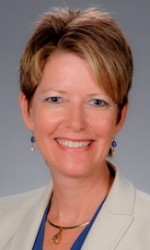 Dana, a professor in the College of Education’s School of Teaching and Learning, is one of 33 UF faculty scholars selected for the prestigious posts. The University of Florida Research Foundation awards the professorships annually to tenured faculty who have a distinguished record of research and a strong research agenda that is likely to lead to continuing distinction in their fields. The three-year award includes a $5,000 annual salary supplement and a one-time $3,000 grant to support their research.
Dana, a professor in the College of Education’s School of Teaching and Learning, is one of 33 UF faculty scholars selected for the prestigious posts. The University of Florida Research Foundation awards the professorships annually to tenured faculty who have a distinguished record of research and a strong research agenda that is likely to lead to continuing distinction in their fields. The three-year award includes a $5,000 annual salary supplement and a one-time $3,000 grant to support their research.
